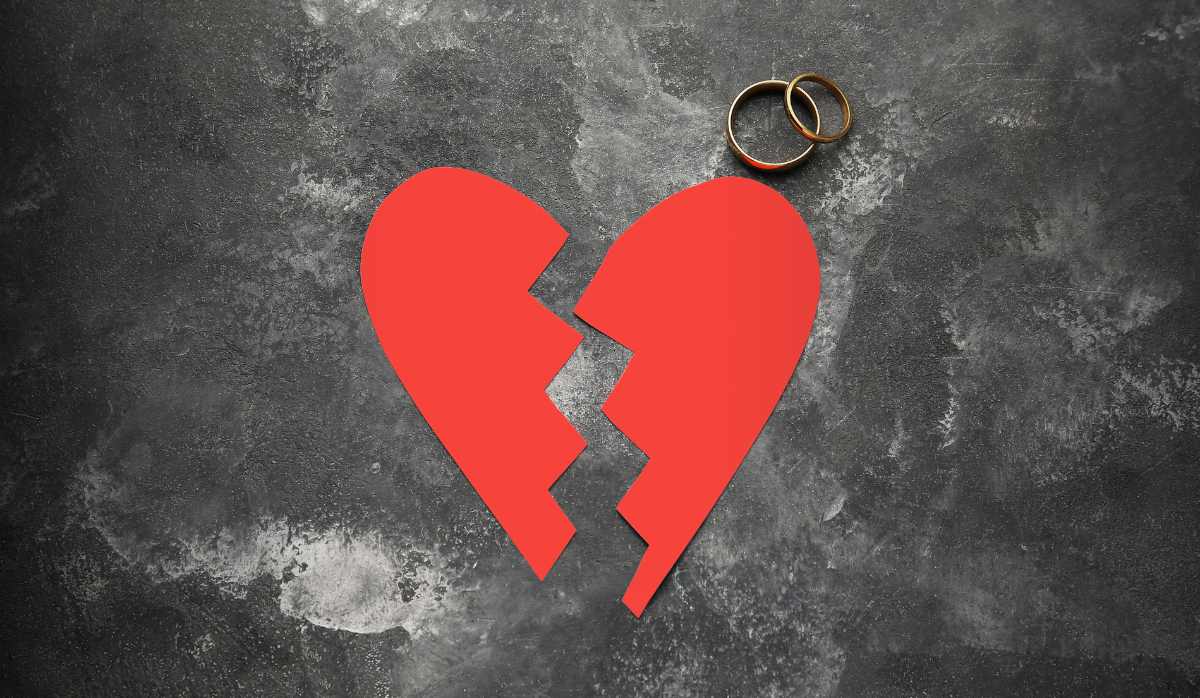If you’re anything like me, you’ve often found yourself lying awake, wondering how you’ll ever forgive yourself. The thoughts keep circling: How could I have done that? Why didn’t I say something different? And let’s not even get started on that “what-if” spiral. It’s crucial to learn how to forgive yourself in these moments.
It’s one thing to admit you’re guilty—sometimes we can casually say, “Oops, guilty as charged!” without too much heartache. Maybe what you did didn’t hurt anyone, or perhaps it did, but no one knows yet. Guilt can often stay hidden like a nagging background noise. But shame? Shame is knowing what you did was wrong, and feeling like everyone else knows, too. You feel naked and exposed.
So, how do you begin the process of forgiving yourself? It’s not easy, but it’s absolutely possible. Let’s walk through it together, step by step.

Step 1: Stop Judging Yourself
I’m gonna guess you’ve spent plenty of time beating yourself up already. I get it—how could you not, right? That thing you did, or said, feels like a weight you can’t shake. But let me ask you this: Has that self-judgment actually helped? Has replaying the moment over and over made it better? The answer is probably no.
Here’s where mindset work comes in. We need to recognize that dwelling on past mistakes only reinforces negative thought patterns. So instead of asking, Why did I do that?, try shifting to, What can I learn from this?
Try these mindset tips:
- Catch the thought: When those guilty feelings bubble up, pause and notice them. Name them for what they are: just thoughts, not facts.
- Reframe the situation: Instead of focusing on the mistake, focus on the growth. Every stumble teaches us something valuable.
- Practice self-talk: Be your own friend. What would you say to a close friend in the same situation? I bet you’d offer them compassion instead of judgment.
In order to learn how to forgive yourself, you’re gonna have to learn to manage your negative thoughts first.
Step 2: Learn How to Forgive Yourself by Cultivating Compassion
Once you start catching those negative thoughts, it’s time to replace them with something more helpful—enter compassion. And I know, it sounds a little woo-woo at first, but bear with me. Compassion isn’t about excusing your mistakes, but about treating yourself with the kindness you deserve.
Think of compassion as the gentle balm you apply to those mental wounds. One great tool for this is The Thought Model, a simple yet powerful framework to help you redirect negative thoughts and emotions. Here’s how it works:
- Circumstance: What happened? (Be factual, not emotional.)
- Thought: What are you telling yourself about this?
- Feeling: How does that thought make you feel?
- Action: What do you do as a result?
- Result: What’s the outcome of your action?
For example, if your thought is “I ruined everything,” then of course you’ll feel ashamed and act withdrawn or guilty. Instead, try reframing it with compassion: “I made a mistake, but I’m learning and growing from it.” You’ll feel less overwhelmed, and your actions will reflect a healthier mindset.

Step 3: Embrace Silence
Now that you’ve started taming your thoughts and replacing them with kindness, it’s time to go a little deeper. One of the best ways to do this is by embracing silence. I know, silence can be intimidating—who really wants to sit alone with their thoughts? But trust me, silence can be a powerful tool for healing.
When you create space for silence, whether through meditation, prayer, or simply sitting in nature, you’re giving yourself a break from the constant chatter in your mind. Silence is where you can start to let go of the noise, the guilt, and the shame.
There’s even scientific evidence to back this up! Studies show that silence can reduce stress, promote brain growth, and improve mental clarity. So, go ahead and embrace those quiet moments—take a deep breath, and let yourself be still.
Step 4: Listen to Your Inner Voice
In those moments of silence, you’ll start hearing something incredibly important: your inner voice. This voice is connected to your higher self, and if you’re spiritual, it can feel like a direct line to the divine.
Your intuition, your gut feeling, is often quieter than the loud voice of guilt or shame, but it’s always there. When you listen to it, you’ll find that it speaks from a place of wisdom and compassion. Many spiritual practices encourage forgiveness—whether it’s the Christian emphasis on grace and redemption or the Buddhist focus on self-compassion and letting go.
Think about the story of the Prodigal Son in Christianity—it’s not just about being forgiven by others, but also about forgiving yourself and returning to a place of peace. Spiritual traditions show us that we are worthy of forgiveness, even when we think we’ve fallen short.

Step 5: Learn How to Forgive Yourself Through Acceptance
By now, you’ve done a lot of internal work—reframing your thoughts, practicing compassion, and listening to your intuition. The next step? Acceptance.
Acceptance isn’t about saying “what I did is okay,” but more about saying, “What happened, happened. I can’t change it, but I can change how I move forward.” Acceptance is the foundation of true forgiveness.
Once you reach this stage, you can look at yourself in the mirror and say, “I’m sorry” with sincerity. You’ll also be ready to extend that apology to anyone else who needs to hear it—because you’ll know that forgiving yourself is a crucial part of healing, and there’s no shame in that.
Take the Next Steps
Forgiving yourself is a journey that takes time and patience, but it’s one worth embarking on. With mindset work, compassion, silence, and acceptance, you can let go of the shame, move forward with peace, and begin to build a life you’re proud of.
In my new course Divinely Extraordinary, we walk through these steps together. If you’re ready to move forward in your healing journey, join me and let’s walk this path together.
XO,
Trish



Comments +